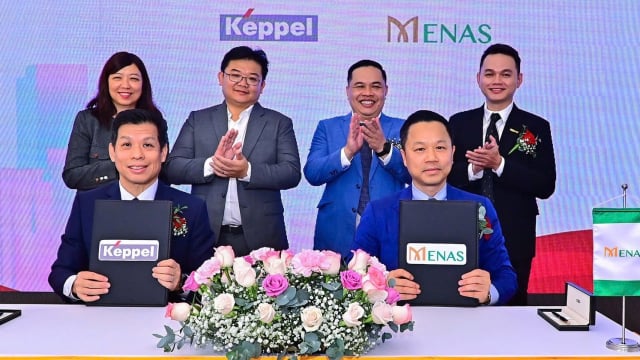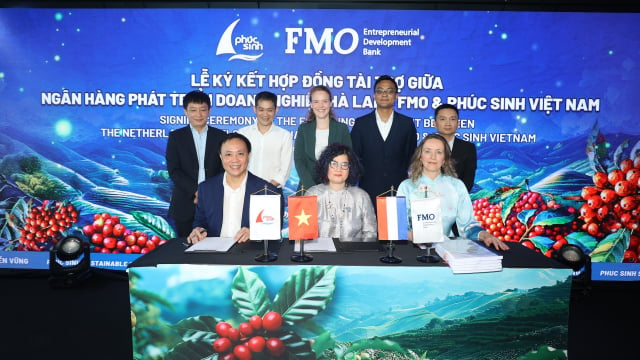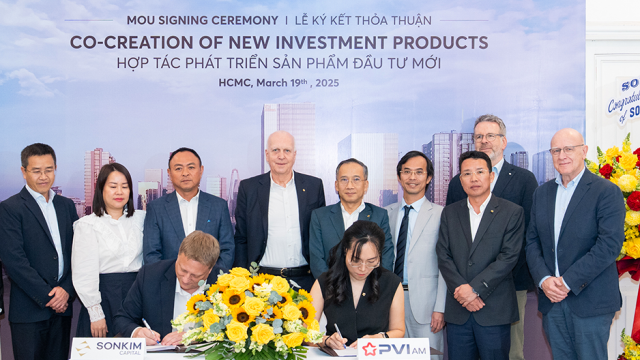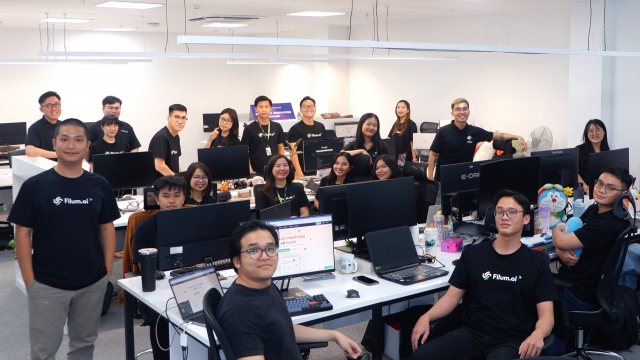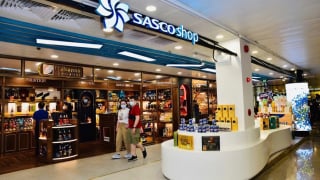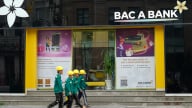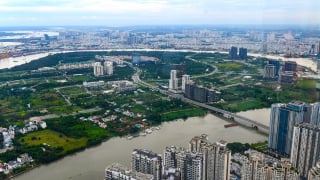Business
F&B's role in handling plastic waste
Businesses in the food and beverage sector play a crucial role in orienting consumers to change their awareness and behaviours towards plastic waste.
In food and beverage (F&B) industry, plastic packaging as well as single-use plastics are indispensable cause it creates convenience for consumers and keep food well. The development of online shopping and food ordering services also contribute to higher demand for disposable plastics.
These activities are the main contributors to solid waste, causing an overload of waste seriously damaging the living environment, human health as well as increasing climate change.
It is estimated that there are 78 million tons of plastic packaging is produced worldwide annually, but of which only a very low percentage is recycled, and the rest comes to landfills, ocean or is burned in waste incinerator plants.
In recent years, along with consumers' environmental awareness, many F&B businesses are making efforts to take measures to limit plastic waste generated from product packaging. The most used option is to replace plastic bags and straws with some biodegradable products.
Even so, if these products are not properly disposed of, it will create great harm to the environment. Many products labeled as biodegradable are also not biodegradable under natural conditions.
Metal straws are also popular alternatives but still face many concerns about ensuring food hygiene and safety.
F&B's role in handling plastic waste
According to the Packaging Recycling Organization Vietnam (PRO Vietnam), consumer is the most important factor in the circular value chain which aims at dealing with plastic waste.
The way consumers managing disposable packaging and items after use determines whether they are recycled, properly handled or not.
Therefore, the responsibility of businesses, especially those working directly with consumers, is to change consumers' awareness, behaviours, and habits of not only plastic waste but also post-consumer waste.
For example, instead of using alternative materials, businesses can orient consumers' habits through communication activities. In fact, some restaurants and stores run a discount program for customers bringing their own boxes, cups and bags, which is seen as an effective way to raise awareness of environmental protection.
For large-scale manufacturing enterprises, it is responsible to invest in research to change design for easier collecting and recycling, which is called extended producer responsibility (EPR).
Having 14 businesses operating in fast-moving consumer goods, of which most supply food and beverage products, PRO Vietnam set ambitious goal of recycling 100% packaging used by members in 2030.
Besides raising awareness of consumers and designing environmentally friendly products, PRO Vietnam works with collectors and recyclers to improve the efficiency of waste treatment infrastructure, ensure the rights of the labours.
URC Vietnam raises environment protection awareness
Hoang Huy Group to raise $79 million for Haiphong property projects
Hoang Huy expects revenue to exceed VND4 trillion and post-tax profit to reach up to VND2 trillion in fiscal year 2025-2026, targeting annual growth of over 30% for the next five years.
Cen Land transforms into real estate developer with bold goals
Cen Land is shifting from brokerage to development, targeting a 170% revenue increase and 424% profit growth in 2025.
Menas signs to elevate lifestyle experiences at Keppel’s properties in Vietnam
Menas Group has entered a strategic partnership with Keppel to co-develop an integrated ecosystem of lifestyle services across Keppel’s real estate projects in Vietnam, beginning with the landmark Celesta City development in Saigon South.
Phuc Sinh secures $15 million investment from Dutch investor for sustainable expansion
Phuc Sinh’s expansion underscores Vietnam’s growing role in sustainable agriculture and its increasing appeal to global investors
PVI Asset Management and SonKim Capital partner to revolutionize real estate investments
PVI Asset Management (PVI AM) and SonKim Capital (SK Capital), a business unit of SonKim Group has announced a strategic collaboration to develop innovative real estate investment products tailored for institutional investors and high-net-worth individuals.
Filum AI secures $1 million amidst funding winter
Filum AI has successfully raised $1 million in funding despite a challenging venture capital market, underscoring the potential of AI and shifting investment strategies.




















